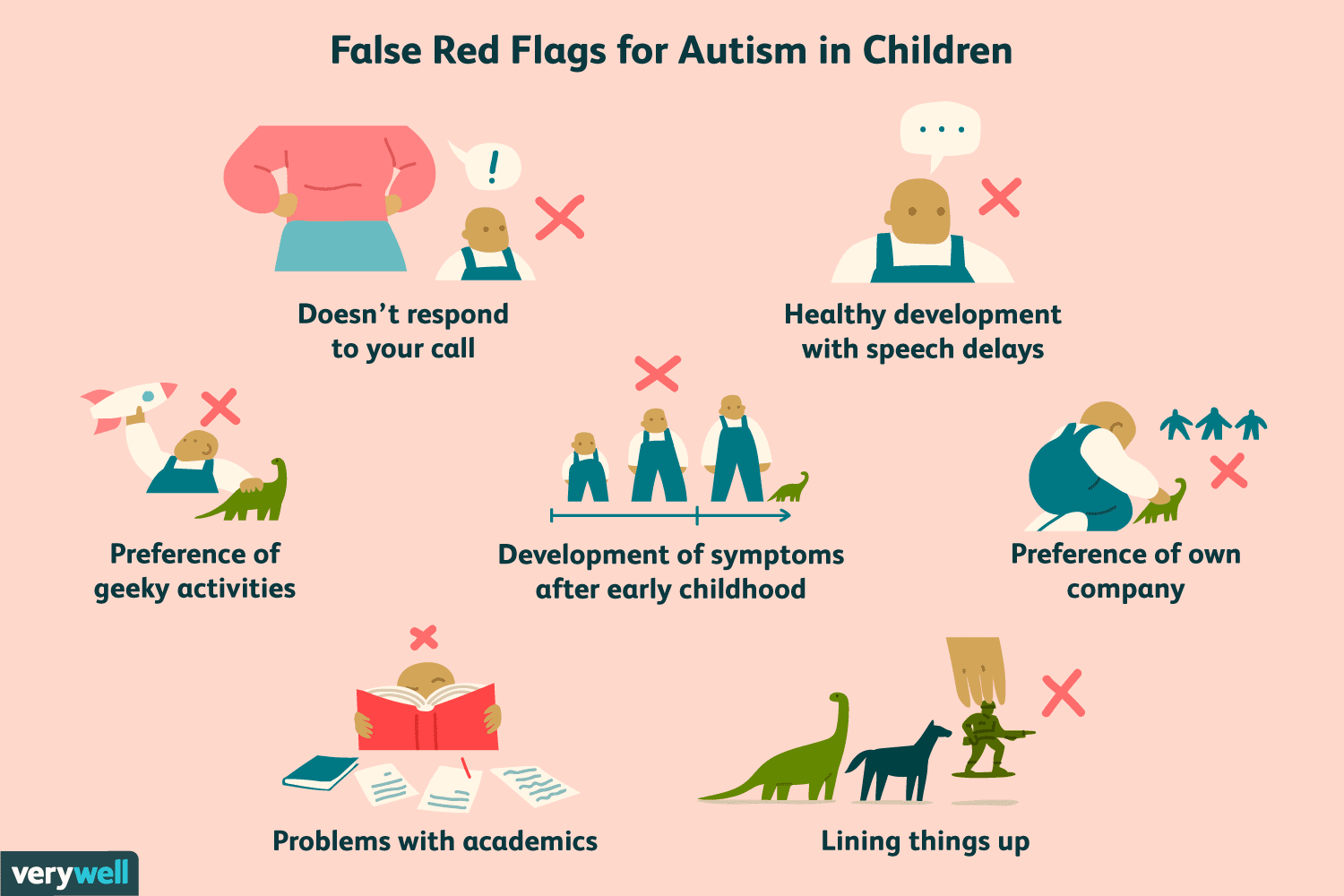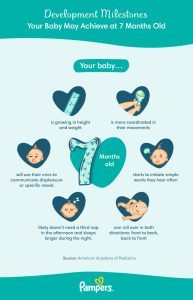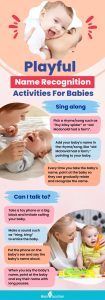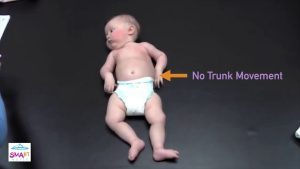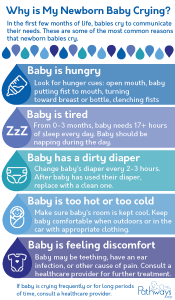Signs your baby is not autistic include making good eye contact and responding to their name. Other signs may include showing interest in social interactions and developing typical speech and language skills.
Understanding these signs can help parents identify typical developmental milestones in their child’s early years. As a parent, it’s natural to have concerns about your child’s development, including the possibility of autism. By being aware of the signs that indicate your baby is not autistic, you can alleviate some of these worries.
We will explore common indicators that suggest typical development in infants, helping you to navigate the exciting journey of parenthood with confidence and peace of mind.
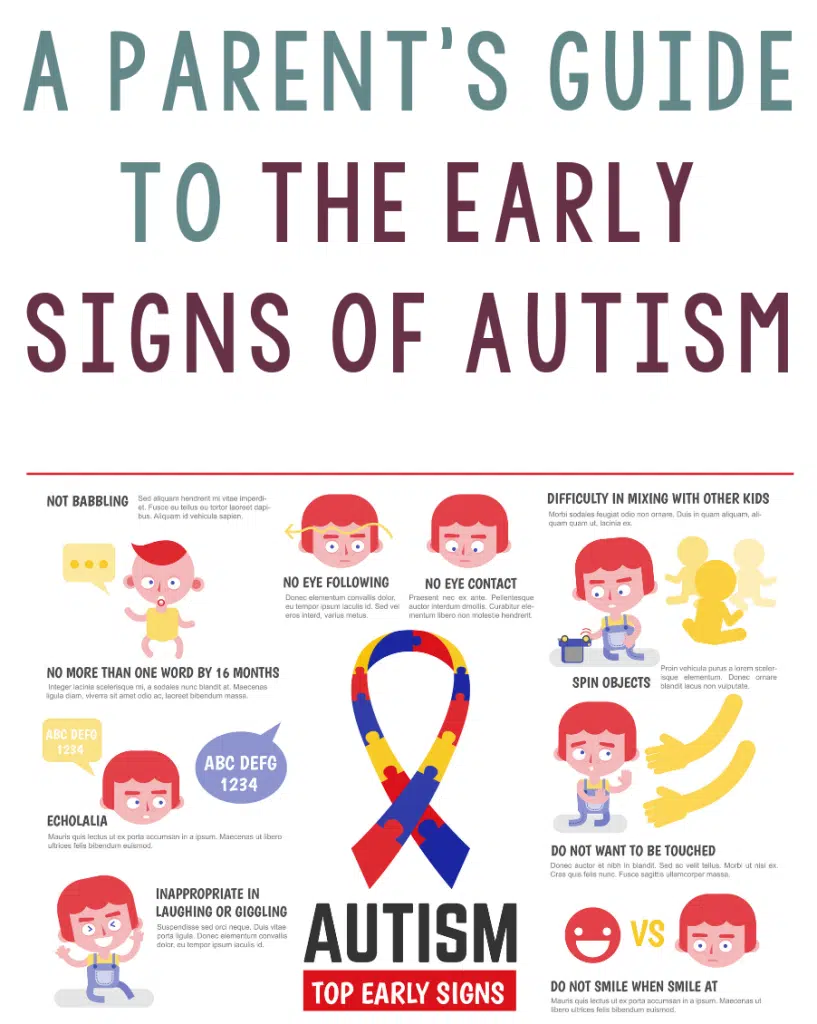
Social Cues
Social cues play an essential role in a baby’s development, and they can provide valuable insights into their social and communication skills. Understanding these cues is crucial for parents to identify signs that their baby may not be autistic. Here are some key social cues to look out for:
Eye Contact, Signs your baby
Babies typically begin to make eye contact with their caregivers during the first few months of life. Consistent eye contact is a positive sign and indicates a baby’s engagement with the world around them. Lack of sustained eye contact, or aversion to making eye contact, may be a red flag for potential social communication difficulties. Parents should observe their baby’s eye contact patterns and discuss any concerns with a pediatrician.
Smiling And Social Responsiveness
A baby’s ability to smile and respond to social interactions is an important indicator of their social development. Responsive smiling, especially in response to familiar faces and voices, demonstrates a baby’s social awareness and emotional engagement. Parents should pay attention to their baby’s spontaneous smiles and their reactions to social stimuli. Limited or absent social responsiveness, such as a lack of reciprocal smiles or limited interest in social interactions, may warrant further evaluation by a healthcare professional.
Communication Skills
Communication skills are an essential aspect of a baby’s development, as they form the foundation for future language and social interactions. Recognizing the signs of healthy communication skills in infants can help parents identify potential issues early on and seek appropriate support if necessary.
Babbling And Coos
Babies typically start babbling and cooing around 6 to 9 months of age, forming the building blocks of speech. Regular babbling and cooing are positive signs that indicate a baby is developing communication skills. Parents should observe their baby’s vocalizations and note any significant delays or absence of these sounds, which could be potential indicators of developmental concerns.
Responding To Name
Another crucial communication milestone is a baby’s ability to respond to their name. By the age of 7 to 9 months, most babies should demonstrate awareness and responsiveness when their name is called. This responsiveness indicates that the baby is recognizing and engaging with auditory stimuli, a vital aspect of their communication development. Parents should be attentive to any lack of response to their baby’s name, as it could signify a need for further evaluation.
Behavioral Patterns
Understanding the behavioral patterns of your baby can provide valuable insights into their development. By observing Repetitive Behaviors and Sensory Sensitivities, you can better identify signs that your baby may not be autistic.
Repetitive Behaviors
Repetitive behaviors in babies may include repeated movements or actions, such as rocking back and forth or constantly flicking their fingers.
Sensory Sensitivities
Babies with sensory sensitivities may display extreme reactions to certain stimuli, like becoming overwhelmed by loud noises or avoiding certain textures.

Milestones
Discover important milestones that can indicate your baby is developing typically and not showing signs of autism. From making eye contact to responding to their name, these behaviors are positive indicators of healthy development in infants.
As parents, it is natural to be concerned about your child’s development, especially when it comes to autism. Autism is a developmental disorder that affects social interaction, communication, and behavior. However, it is essential to note that every child develops at their own pace, and not hitting certain milestones at a particular age does not necessarily mean that they have autism. In this article, we will focus on the milestone of physical and cognitive development, and highlight some of the signs that indicate your baby is not autistic.
Physical Development
One of the significant milestones in a baby’s physical development is motor skills. Babies typically develop motor skills in a specific order, starting with head control and progressing to sitting, crawling, and walking. If your baby is on track with their physical development, it is a good sign that they are not autistic. Here are some physical developmental signs that indicate your baby is not autistic:
- Your baby is able to hold their head up when lying on their stomach by three months old.
- Your baby can sit without support by six months old.
- Your baby crawls on their hands and knees by nine months old.
- Your baby can stand while holding onto something by 12 months old.
- Your baby takes their first independent steps by 18 months old.
Cognitive Development
Cognitive development refers to the mental processes that enable a baby to learn, think, and understand. It is another essential milestone that indicates your baby is not autistic. Here are some cognitive developmental signs that indicate your baby is not autistic:
- Your baby responds to their name by six months old.
- Your baby is interested in faces and makes eye contact by eight months old.
- Your baby babbles and uses simple words like “mama” and “dada” by 12 months old.
- Your baby can follow simple instructions like “clap your hands” by 18 months old.
- Your baby can point to objects when you name them by 24 months old.
In conclusion, not hitting certain milestones at a particular age does not necessarily mean that your baby has autism. Every child develops at their own pace, and some may take longer to reach certain milestones. However, if your baby is on track with their physical and cognitive development, it is a good sign that they are not autistic. If you are still concerned about your baby’s development, talk to your pediatrician.
Parental Observations
Parental observations play a crucial role in detecting early signs of autism in babies. As a parent, your keen awareness and attention to your child’s behaviors can provide valuable insights into their development.
Trust Your Instincts
As a parent, trust your instincts when it comes to your baby’s behavior. If you feel something is off, don’t hesitate to seek guidance.
Seek Professional Guidance
Consult with pediatricians or child psychologists if you notice persistent red flags in your baby’s behavior. Early intervention is key.
Medical Evaluation
When it comes to understanding your baby’s development, a medical evaluation plays a crucial role. A medical evaluation involves screening tests and consulting healthcare providers to assess your baby’s development and rule out any potential concerns.
Screening Tests
- Screening tests are essential to evaluate your baby’s developmental milestones.
- These tests help identify any potential signs or risk factors for autism.
- Common screening tests include the M-CHAT and the Ages and Stages Questionnaires.
Consulting Healthcare Providers
- Healthcare providers, such as pediatricians or developmental specialists, can provide valuable insights.
- These professionals can conduct thorough assessments and provide guidance on next steps.
- Consulting healthcare providers early on can lead to timely interventions if needed.
How To Rule Out Autism In Babies?
To rule out autism in babies, monitor developmental milestones and consult with a pediatrician for evaluation.
How Do I Know If My Baby Is Not Autistic?
Observe baby’s social interactions, eye contact, and language development for early signs of autism. Regular developmental screenings can provide further insight.
What Are The Three Main Symptoms Of Autism In Babies?
The three main symptoms of autism in babies are delayed speech development, lack of eye contact, and repetitive behaviors.
Do Autistic Babies Crawl Differently?
There is no definitive answer to whether autistic babies crawl differently. However, some studies suggest that they may have delays in motor skills, including crawling. Some autistic babies may also have difficulty with coordination and balance, which could affect their crawling style.
Conclusion
Remember, every child develops differently. Trust your instincts and seek professional advice if concerned. Stay informed and attentive to your baby’s cues. By understanding the signs and seeking support early, you can provide the best care for your child’s development.
Keep nurturing that special bond with your little one!

